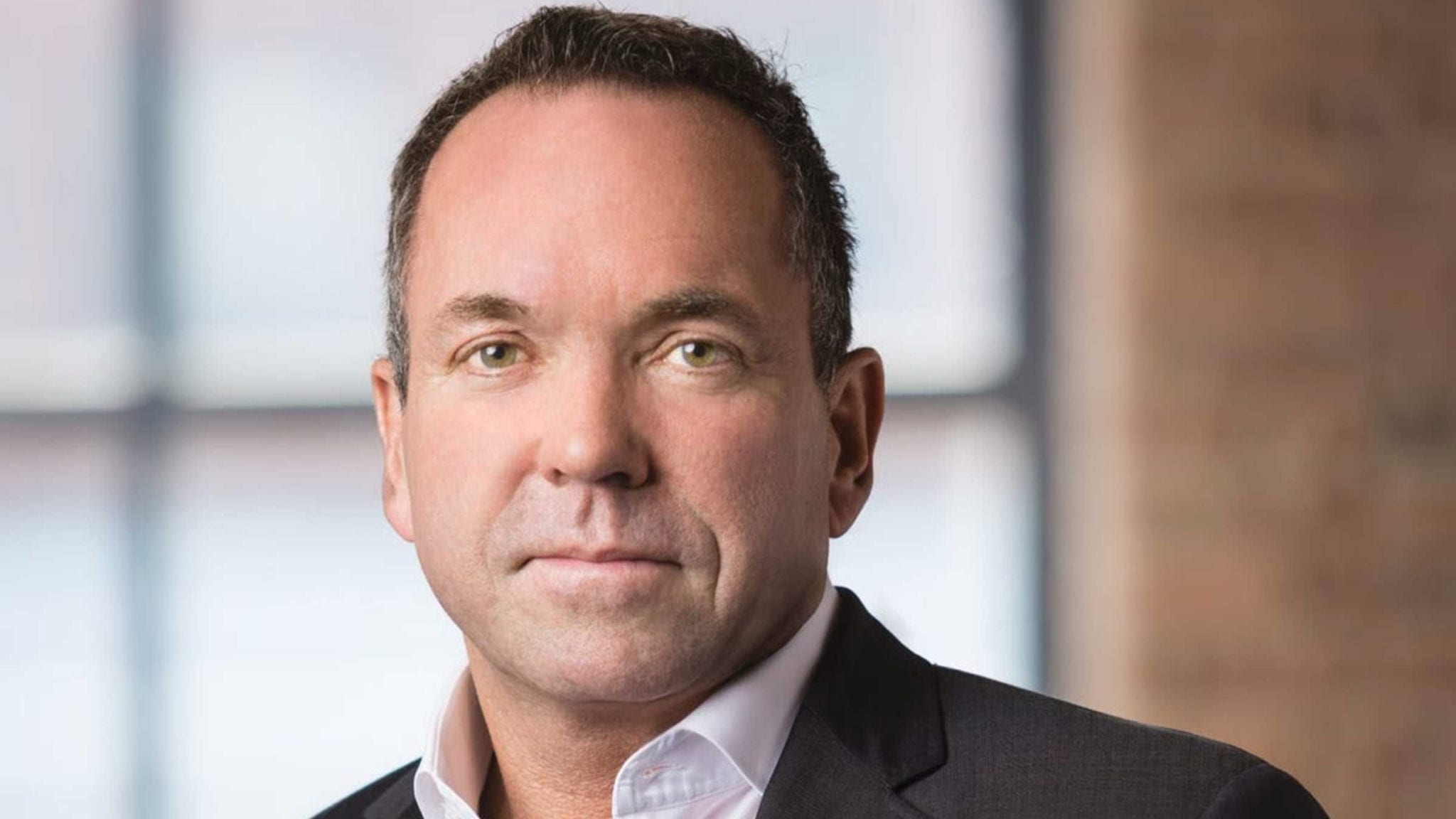
Sarepta won't need FDA adcomm, boosting Duchenne gene therapy's odds
On its quest to get the first gene therapy for Duchenne muscular dystrophy approved by the FDA, Sarepta won’t have to face an FDA advisory committee after all.
The biotech disclosed in its quarterly update Tuesday afternoon that after a mid-cycle review of SRP-9001 with the FDA, in which it answered questions about chemistry, manufacturing and controls, the agency said it does not plan to hold an adcomm. A decision on the therapy is due by May 29.
Unlock this article instantly by becoming a free subscriber.
You’ll get access to free articles each month, plus you can customize what newsletters get delivered to your inbox each week, including breaking news.